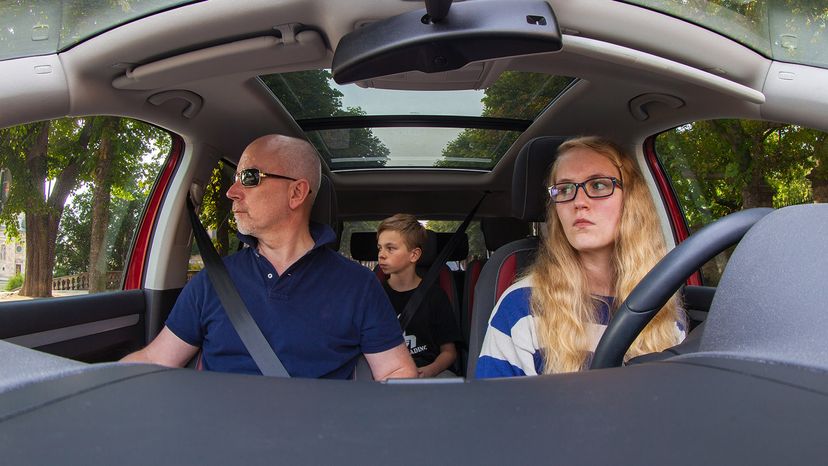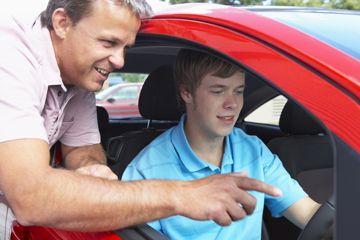
When you were a teenager, would you have wanted your parents to administer the official test for you to get your driver's license? Now let's flip that scenario around to all of you parents. If you had the option of teaching your kids to drive and the responsibility of administering their official driving test, would you do it? If you answered yes, you might want to consider moving to Texas.
That's because the state legislature there has proposed a bill, HB 409, that would give Texas teens and their parents the option of skipping the driver's license testing facilities altogether and instead completing the driving test at home.
Advertisement
Rep. James White, a Republican member of the Texas House of Representatives, sponsored the bill in an effort to alleviate long lines and overcrowding at the Department of Public Services (DPS) facilities, which administer driving tests and issue licenses. Shortly after its introduction, White told Fox KTVU in Austin that the state already trust parents to make the right decisions for their children. Therefore, he believes, there isn't any extra risk in allowing parents to administer driving tests.
